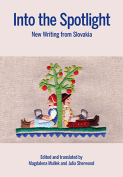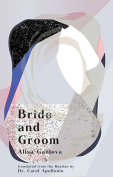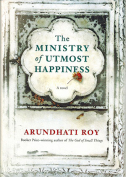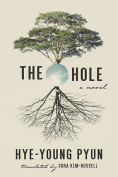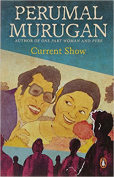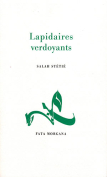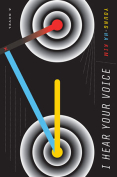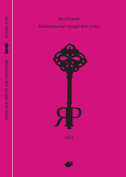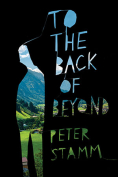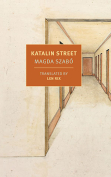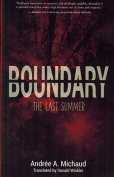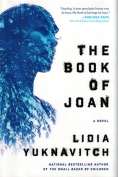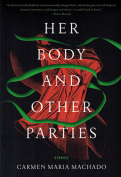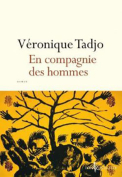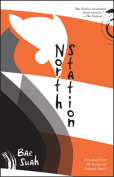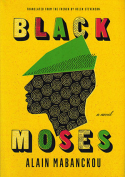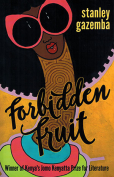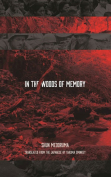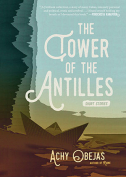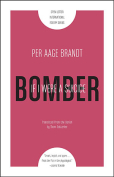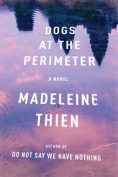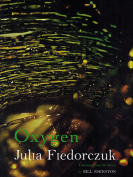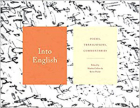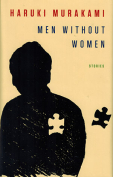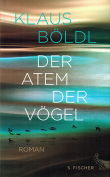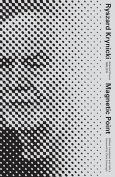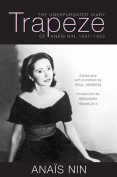Magnetic Point: Selected Poems, 1968-2014 by Ryszard Krynicki
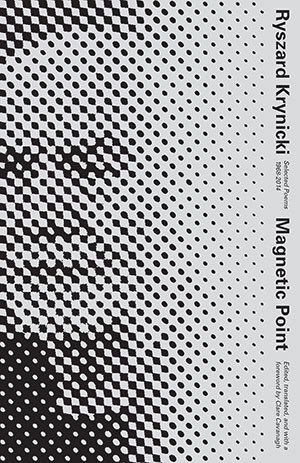 New York. New Directions. 2017. 224 pages.
New York. New Directions. 2017. 224 pages.
Ryszard Krynicki belongs to the extraordinary generation of Polish poets, known as the New Wave, who came of age in the late 1960s. Not to be confused with their cinematic counterparts elsewhere in Europe, the poets—besides Krynicki, the names one encounters most often include Adam Zagajewski, Stanisław Barańczak, and Julian Kornhauser—preferred the straight talk to poeticizing. Disgusted with the thinly veiled lies of official propaganda, they saw the directness of their poems, which they hoped anyone could understand, as an antidote to the omnipresent governmental obfuscating that pervaded their daily existence. However, Krynicki and Barańczak, who lived in Poznań, quite a ways from Kraków-based Zagajewski and Kornhauser, preferred a poetics rooted in linguistics that played up the absurdities which existed between the People’s Republic ideology and the daily reality.
In any case, as this volume—the first to showcase a broad selection of Krynicki’s work in English—deftly illustrates, the chief trademarks of his work are “compression, mysticism, wit.” What’s more, as Clare Cavanagh reminds us, “Like Szymborska, another of his masters, he is a specialist in the infinite varieties of ‘nothing’ that surround us in poetry and life alike.” Here’s a fragment quoted by the translator in her introduction: “Nothing, night beyond the glass / looks through me with the non-gaze / of the boy I was, am // not, won’t be.”
The kind of breaking of syntax we see here is rather common in Poland these days, as is the resulting careful interplay between the words and the white space, but it wasn’t always so. By translating Paul Celan and Nelly Sachs, among other German-language poets, Krynicki perfected the kind of poem that one whispers rather than shouts. His crystalized poems resemble prayers.
Reading these poems, one cannot help but notice that with time Krynicki became less concerned with mining the linguistic incongruities of his surroundings seen as if “through an iron curtain of clouds” than with becoming more like the Japanese haiku masters he reveres. While the reader encounters a gem here and there early on in the book, the final sixty pages feature his finest work. Meditative, precise, recording his travels and impressions of the natural world, they fulfill the promise of an earlier poem, called “How to Write?”: “To write so that a hungry man / might think it’s bread? // First feed the hungry man, / then write so that his hunger / is not in vain.”
Magnetic Point should be on the shelf of everyone interested not just in contemporary Polish poetry but also those who crave poems that work against the grain. So much of contemporary verse is marked by formal and rhetorical expansiveness, which isn’t necessarily a bad thing. Yet here we have a poet whose quietude—as some critics might describe his poetics—rings truer than many a thundering pronouncement uttered in the service of this or that politics or aesthetics.
Piotr Florczyk
University of Southern California

